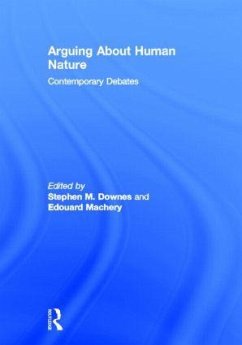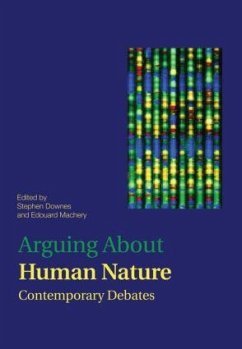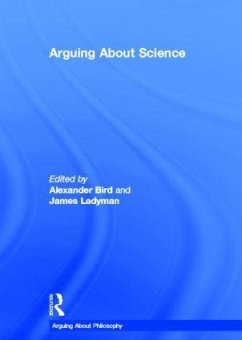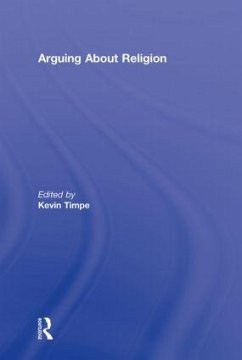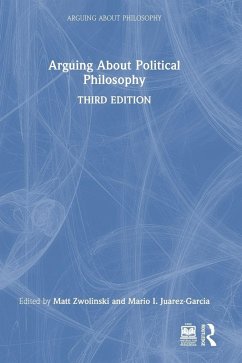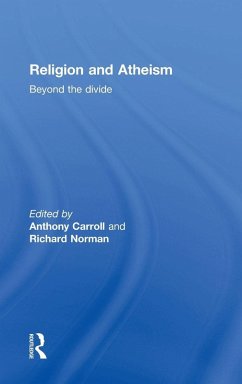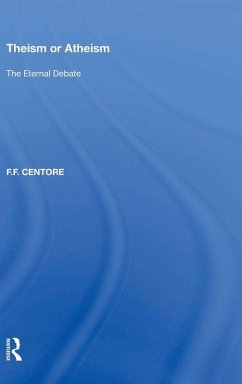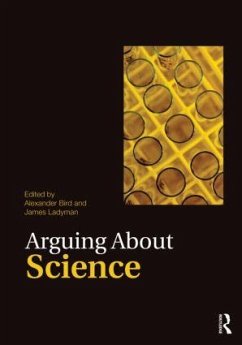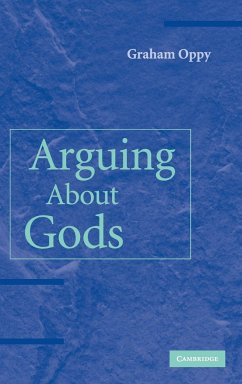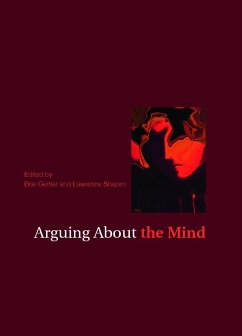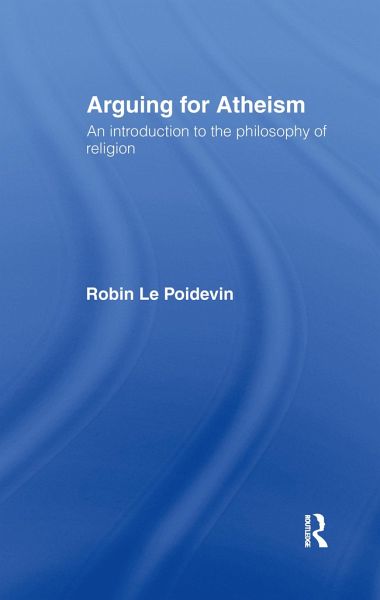
Arguing for Atheism
An Introduction to the Philosophy of Religion
Versandkostenfrei!
Versandfertig in 1-2 Wochen
167,99 €
inkl. MwSt.
Weitere Ausgaben:

PAYBACK Punkte
84 °P sammeln!
"Arguing for Atheism" introduces a wide range of topics in the philosophy of religion and metaphysics. Robin Le Poidevin does not simply defend a denial of God's existence; he presents instead a way of intepreting religious discourse which allows us to make sense of the role of religion in our spiritual and moral lives. Ideal as a textbook for university courses in the philosophy of religion and metaphysics, " Arguing for Atheism" is also designed to be accessible, in its style and its numerous explanations, to the general reader.





